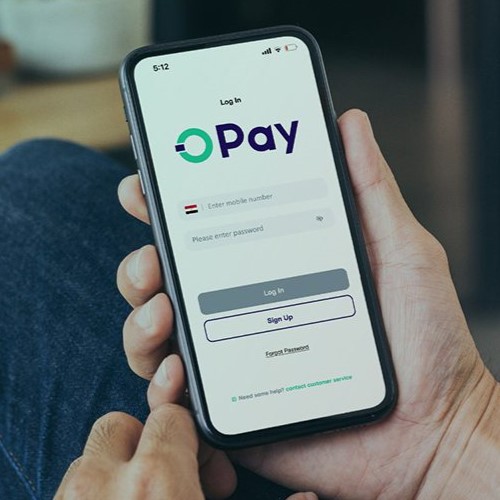
In 2019, OPay launched ORide, a motorcycle ride-hailing service in Lagos, amid competition from players like Gokada and MAX. ORide made a bold entrance with heavy discounts, allowing users to book rides for as low as ₦50. However, the bike-hailing sector faced a significant blow when Lagos State implemented regulations restricting commercial motorcycles. Many assumed this spelled trouble for the Chinese-backed OPay.
Contrary to these perceptions, OPay’s Country Manager, Iniabasi Akpan, maintained in mid-2020 that the company was thriving. He highlighted steady growth, stating that transaction volumes had increased by over 40% between January and May of that year, despite external challenges.
Opera’s quarterly reports corroborated this growth, declaring OPay Nigeria’s largest mobile wallet by transaction volume and value. Frode Jacobsen, Opera’s CFO, noted that OPay had doubled its transaction volume over six months, bolstered by its robust operations during the pandemic when banks scaled down their services.
COVID-19 and Its Positive Impact on OPay

The pandemic created unexpected opportunities for OPay. In 2018, the company had only 2,400 agents. By 2019, that number had skyrocketed to 40,000, and by May 2020, OPay reported having 300,000 agents.
Dipo Omogbenigun, OPay’s Vice President for Payments and Partnerships, explained that job losses during the lockdown pushed many to become agents as a way to earn income. Additionally, with banks operating at reduced capacity, OPay agents became a vital touchpoint for financial services, driving business growth.

Milestones and Performance Metrics
OPay’s growth trajectory has been remarkable. In October 2020 alone, the platform processed $1.4 billion in gross transaction value, a significant leap from $363 million in January of the same year. By the end of 2020, OPay’s user base had grown to seven million, up from five million in mid-2020.
Internal reports suggested OPay accounted for 70% of mobile money transactions in Nigeria in October 2020. While such figures are challenging to verify independently due to limited public data on the industry, they underscore OPay’s stronghold in Nigeria’s financial ecosystem.

Plans for North Africa
Looking beyond Nigeria, OPay is eyeing expansion into North Africa. Opera’s Q3 earnings call hinted at imminent regional growth, with sources revealing plans to enter Egypt in early 2021. This marks a shift from its earlier focus on markets like Kenya and South Africa, which were deprioritized due to the pandemic.
New Offerings and Future Prospects
Despite the challenges of 2020, OPay introduced CreditMe, an overdraft service enabling users to borrow up to ₦100,000 with a 30-day repayment period.
Looking ahead, OPay’s ambitions could include applying for a Payment Service Solution Provider (PSSP) license. Such a move would allow the company to directly handle the processing of its growing transaction volume, solidifying its position as a leader in the African fintech landscape.
With a solid foundation in Nigeria and plans to conquer new markets, OPay is well-positioned to redefine digital payments across the continent.


